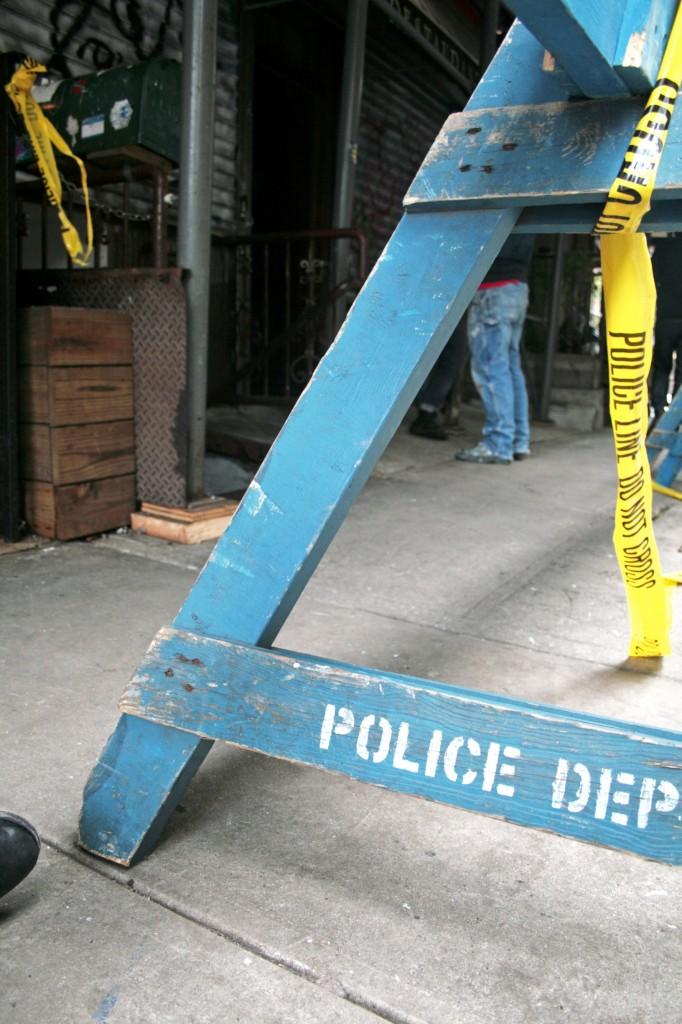In Case of Fire, Take Safety Seriously
Smoke Detectors and Evacuation Drills Could Save Your Life
June 5, 2011
Published: October 30, 2008
On Oct. 11, a family of five was killed in a tragic fire in the Robert Fulton housing complex of Chelsea, New York. Fire Department officials said that a child playing with fire caused the accident and smoke detectors failed to go off. This event echoed an electrical fire that took place in March 2007, claiming the lives of nine people in the Bronx. That fire, too, may have been prevented if there had been a working smoke detection system in place.

In housing complexes like the Fulton Houses, which hold about 2,000 residents, it is extremely more important to have fire devices that are checked, replaced and updated more often than the annual inspection that New York City Housing Authority (NYCHA) recommends. NYCHA asks its residents to pay and be responsible for maintaining their own smoke detectors; however, since most of the residents in such housing units have their hands full with children, work and other more pressing concerns, it’s no wonder that people forget to check on their smoke detectors. Surely there is something more that landlords can do to actively ensure the safety of their residents in case of fire. Until then, residents need to make greater efforts to ensure their safety on their own.
A prime example is Arialle Kennedy, who has lived in many apartments and houses in Queens, Harlem, the Bronx, New Jersey and Long Island since 2005. One morning she woke up completely unaware of the fire that had happened in the apartment right above her while she was sleeping. She didn’t notice any working smoke detectors in any of the locations she lived in, and she never looked into it because “it seemed like too much of a hassle to deal with.”
Even in facilities that have working and regularly checked fire detectors, people aren’t prepared for what to do when they go off. I recall enjoying fire drills in middle and elementary schools as opportunities to go outside during class time, but looking back, I also appreciate learning by experience where to go and what to do in case a fire really happened. In McMahon Hall we have fire alarm tests, during which alarms go off and the director of facilities announces the protocol in case of a real fire. While this is informative, I don’t know that these announcements are a substitute for actually going through the process, as students tend not to listen.
Also, considering that students in university housing may come from all over the world, procedures may differ from what students are used to doing. I found myself questioning why we are told to stay in our rooms until further instruction once alarms go off, when all of my past education says to quickly head down the stairwell and out of the nearest exit in an orderly fashion. The best way to learn procedures is by practicing them and by addressing any questions or concerns regarding any fire protocol in a serious manner.
The deaths of those families in the fires this October and last March must remind all of us to take a serious look at fire safety. Accidents can happen at anytime, and we must do our part to ensure that we will be alerted immediately when a fire breaks out and that we know what to do and where to go when it happens. Whether in school or at home, I encourage you to take a look at your smoke detectors and your exit strategy and see how prepared you really are in case of fire. It could save your life.









